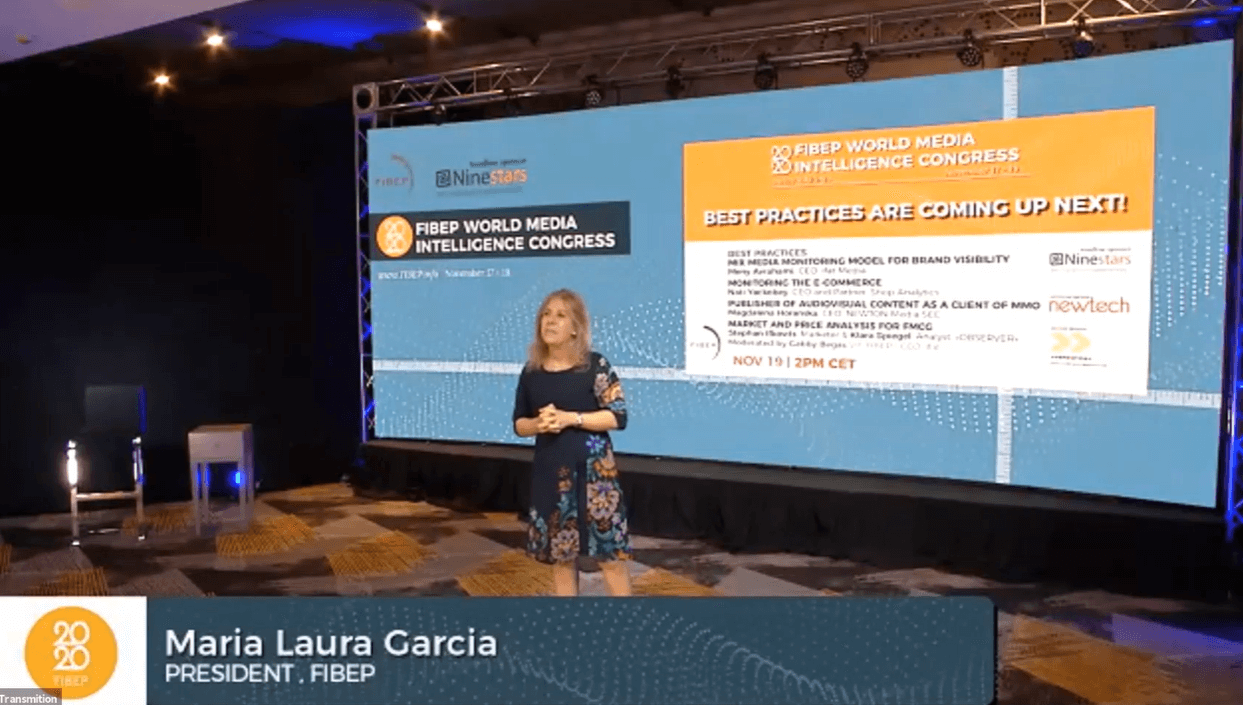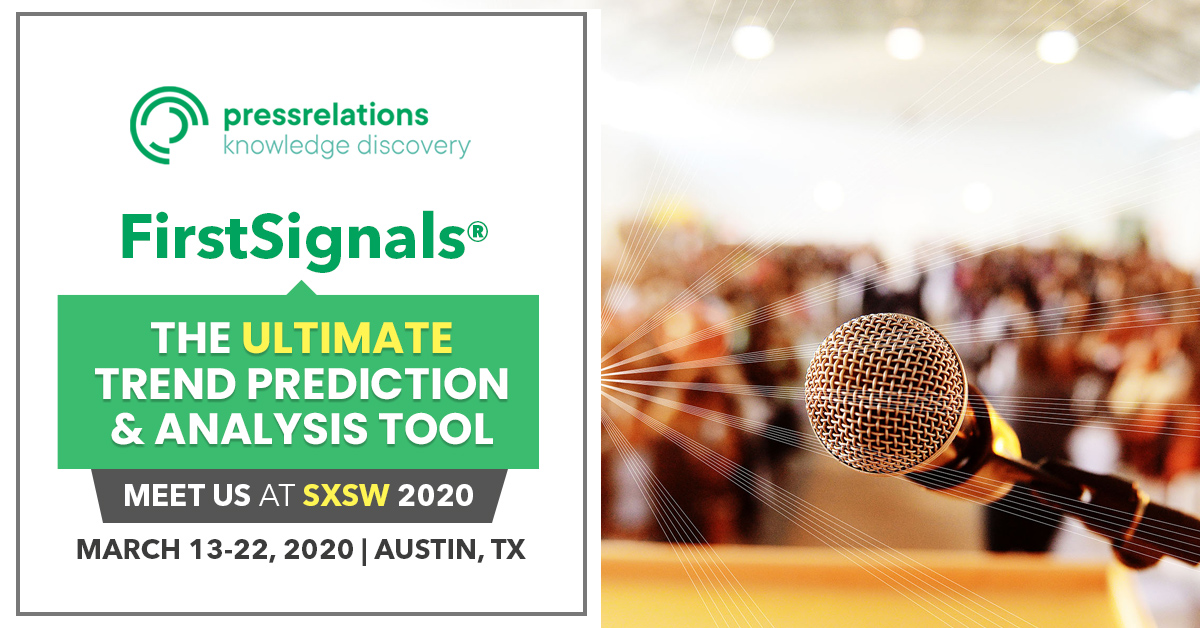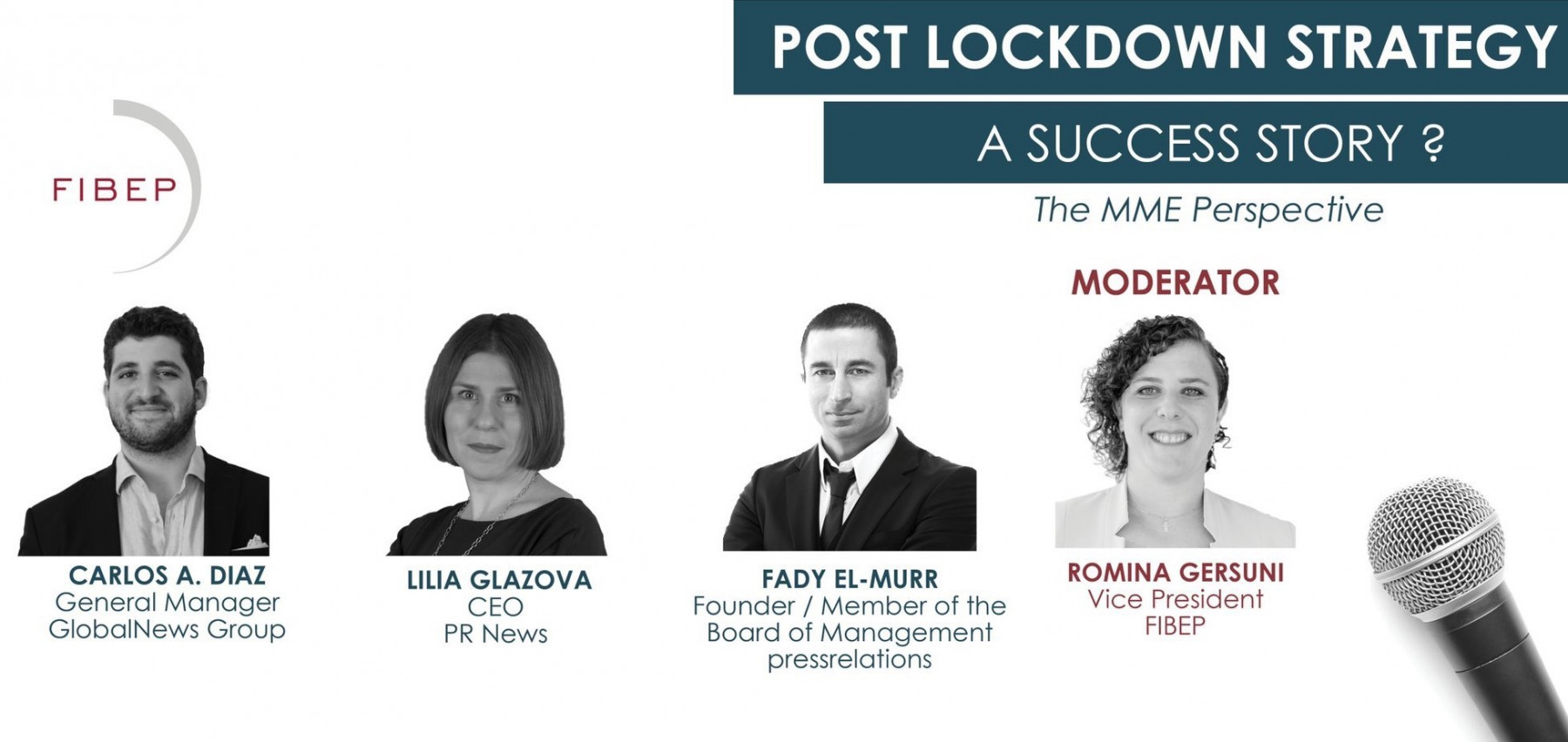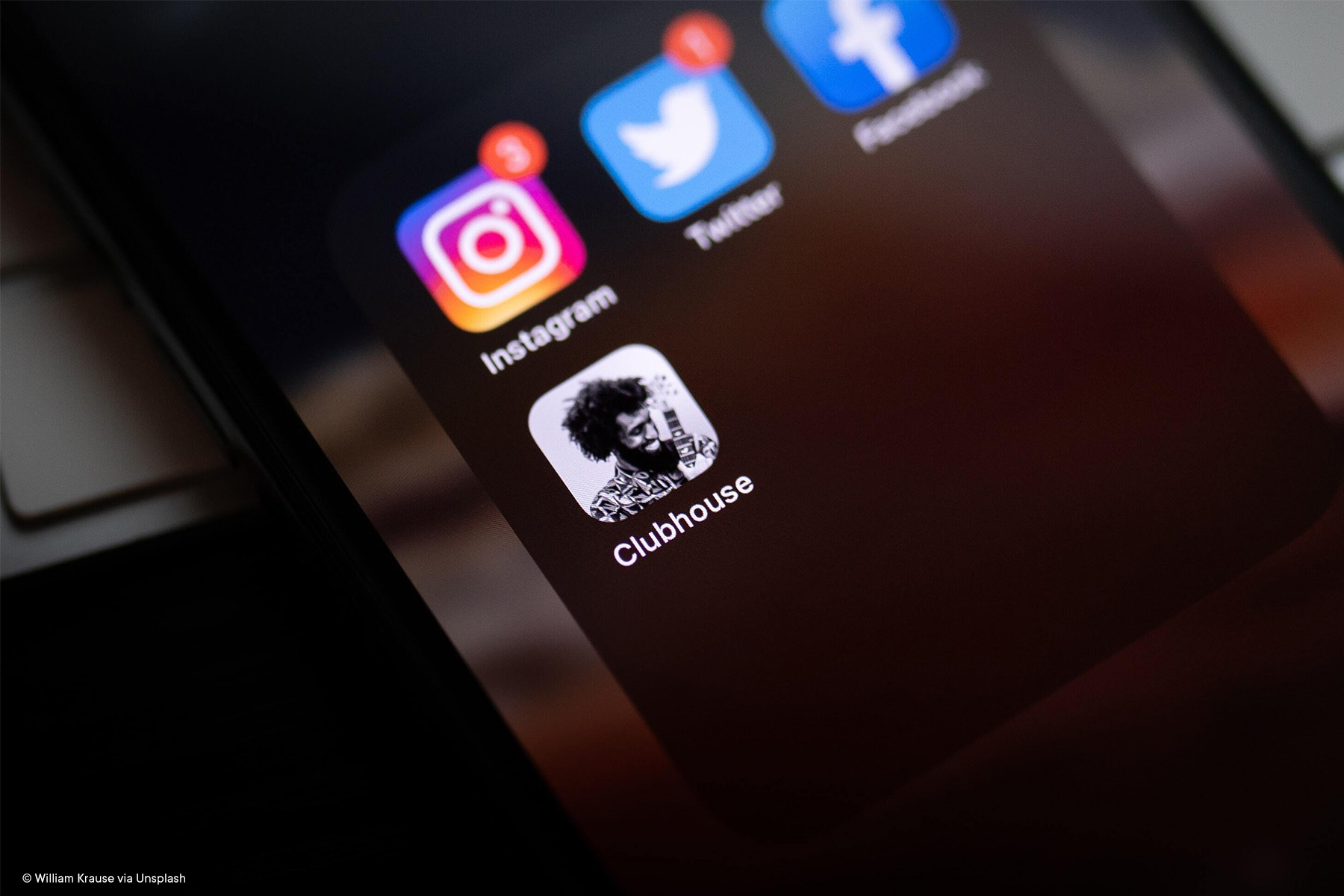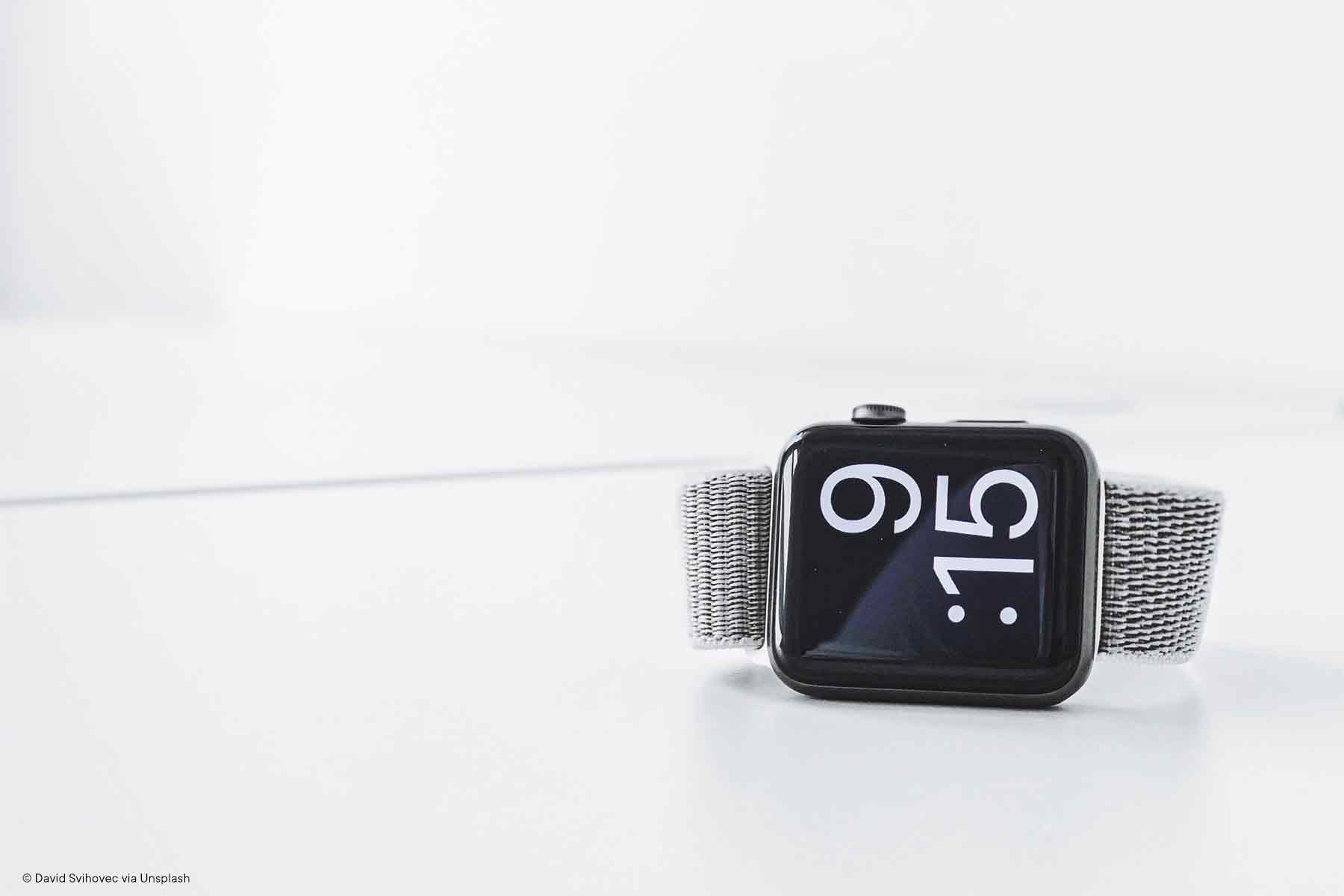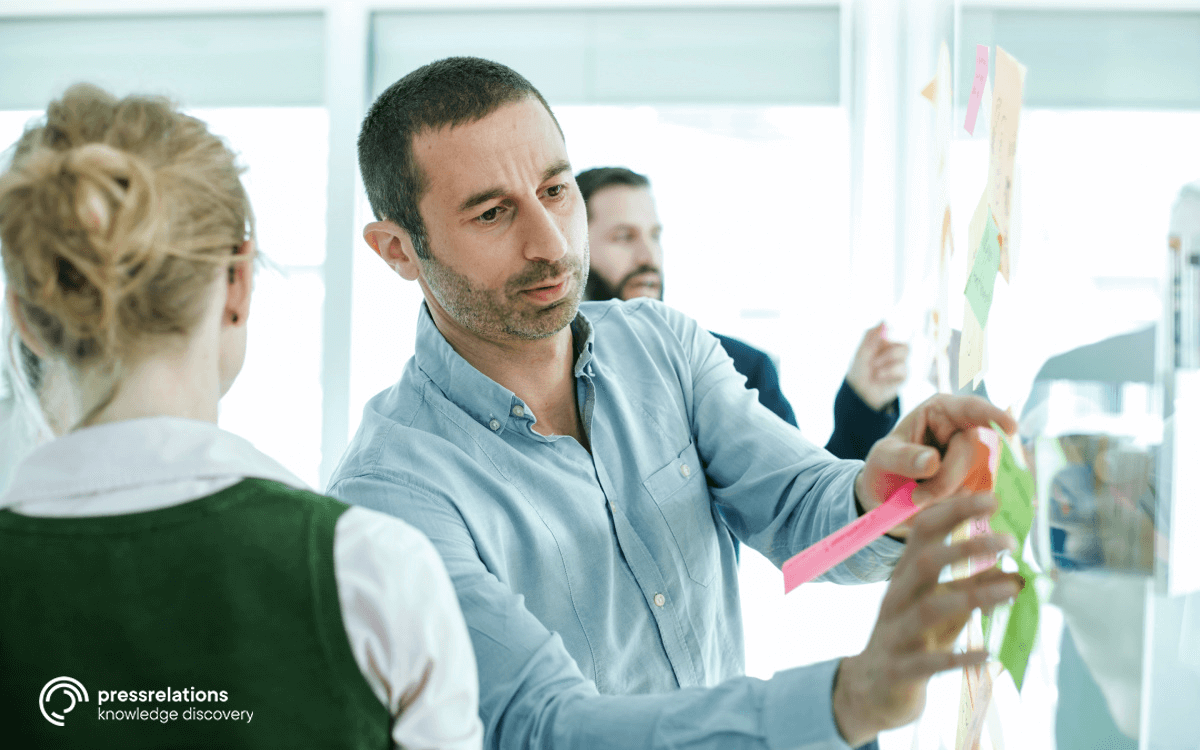Two weeks ago, we attended the 2020 FIBEP World Media Intelligence Congress — an annual gathering of media intelligence professionals and leaders from all over the world. It was the first virtual incarnation of the congress, which was expected, given the complications this year keeps throwing at us.
Despite that, FIBEP managed to not only pull off the technical side marvellously, but also delivered an impressive line-up of speakers and topics. From copyright law and mental health during the corona pandemic to the current state of the news industry — all presentations were relevant, insightful, and really made us think.
In this brief overview, we will fill you in on what we experienced during the 2020 WMIC and why it was one of the most important events for the media intelligence industry this year.
Day 1: General Assembly, Legal Matters, and the 2020 World PR Report
General Assembly
The conference kicked off with a presentation by FIBEP President María Laura García, who outlined the organization’s projects and achievements for the past year. Special recognition was given to the efforts of FIBEP’s vice presidents, which include pressrelations’ Global Strategy Manager – Romina Gersuni (@RGersuni). The presentation included an overview of the current state of the media intelligence ecosystem and FIBEP’s plans for the future. FIBEP Secretary General Magdalena Horanska (@mnekolna) joined to present the industry events planned for 2021.
After that, it was time to welcome the newest members of the organization. Todd Murphy (@Todder4News) took over in order to introduce the new applicants – Identrics, Hypefactors, APA-Defakto, and Globe Track that after passing the voting process were welcomed as the newest members of the FIBEP family.
Legal Matters
Following the General Assembly was the copyright and trade fair session by Sylvain Justier (Magenta Law Firm), and Florence Gaullier (Vercken and Gaullier Law Firm). Both presenters answered common questions on media analysis and media evaluation services regarding copyright payments.
2020 World PR Report
The last presentation of the day, held by Rob Morbin, Deputy Chief Executive of the International Communications Consultancy Organisation (ICCO), engaged our interest with the annually conducted World PR Report. Its general purpose is to provide a global overview of where the PR and communications industry stand today, a summary of the past year as well as a prediction for the next few years. The analysis of this year also includes a section about the impact of the Covid-19 pandemic.
Day 2: COVID, Mental Health, and Tech Solutions for the News Ecosystem
Mental Health and Wellbeing During and After Covid-19
What are the driving factors of employees’ wellbeing and how does it affect their job performance? What is the impact of long-term lockdown on psychological health and how can you secure the wellbeing of your employees in the post-crisis period? These are all questions that the experienced UK mental health and wellbeing strategists Amy McKeown (@AmyMcKeownUK) and Tom Oxley, managed to answer in their presentation in quite the engaging manner.
Not surprisingly, statistics from 2020 paint a different picture compared to previous years, having in mind how the coronavirus changed our everyday life.
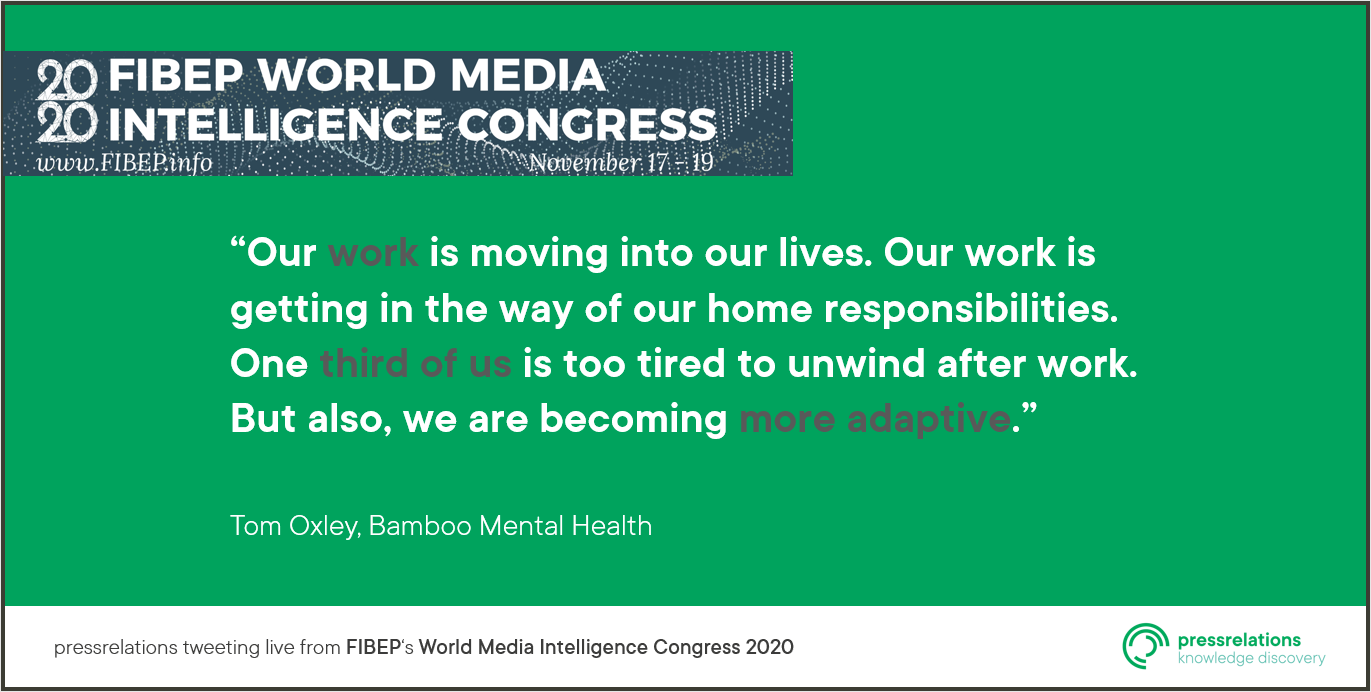
Tech Solutions for the News Ecosystem
The final presentation of the second day by Brendan Quinn, Managing Director at IPTC was moderated by our colleague Romina Gersuni. International Press Telecommunications Council (IPTC) is an organization providing global standards for news media and a technical foundation for the news ecosystem. So, the session touched upon another burning topic from the past year – the global news infodemic, caused by the coronavirus and their technical solutions for preventing it.
Day 3: Best Practices, Constructive Journalism, and Democracy
For FIBEP having the shared experience of companies is of a central role, so the closing day began with a session with best practices and new services of the industry. One example is Ifat Media’s integrated score for rating media coverage from traditional media, social media, and advertising and they rate brands on a scale from 1 to 10 according to their influence on the target audience.
The final day of the conference proceeded with the closing session of this year’s FIBEP World Media Intelligence Congress led by Ulrik Haagerup (@UlrikHaagerup), Founder & CEO, Constructive Institute. The problem it went into is the one journalism is facing nowadays and how it may be playing a part in the trust meltdown in our democracies.
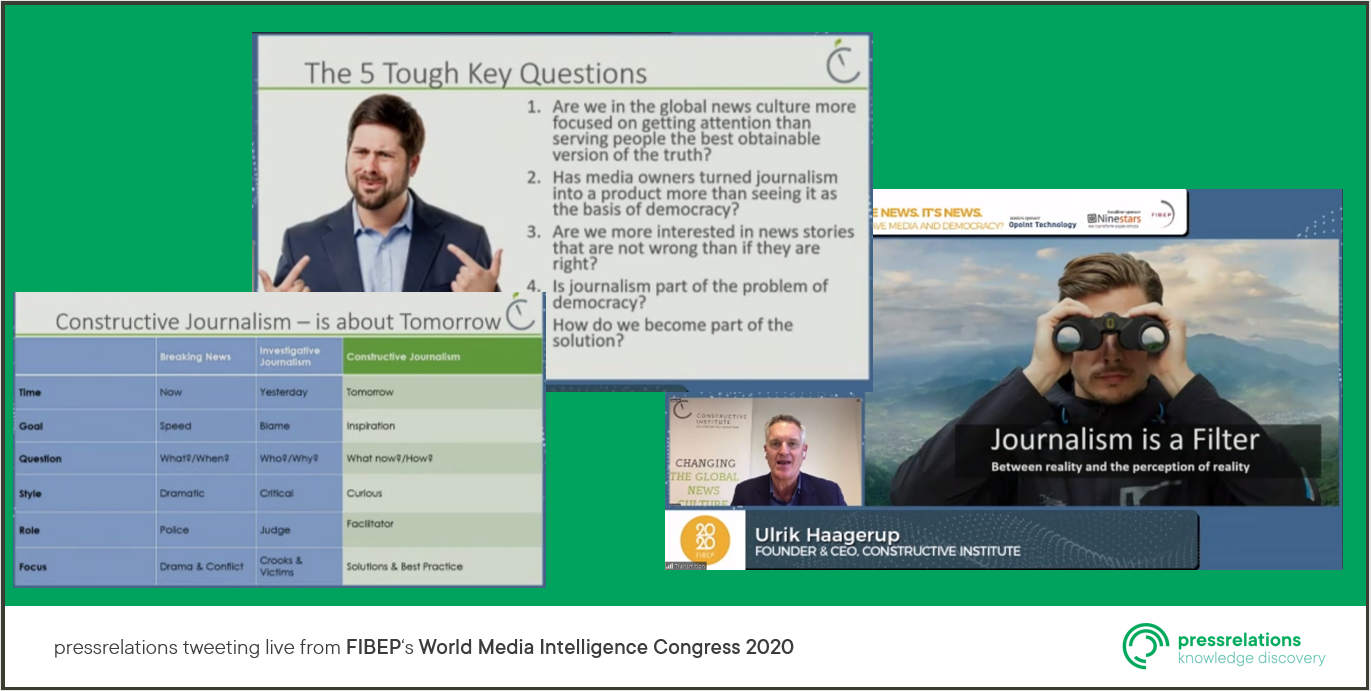
Conclusion
Overall, FIBEP managed to organize its first digital World Media Intelligence Congress in the best way possible. The technical configuration of the sessions, each with its own moderator was coordinated very well. Every single topic that was selected and prepared was totally relevant and thought-provoking from an industry standpoint as well as from the perspective of this year’s challenges. pressrelations is glad and thankful for having the opportunity to be part of this amazing event and looks forward to next year.
